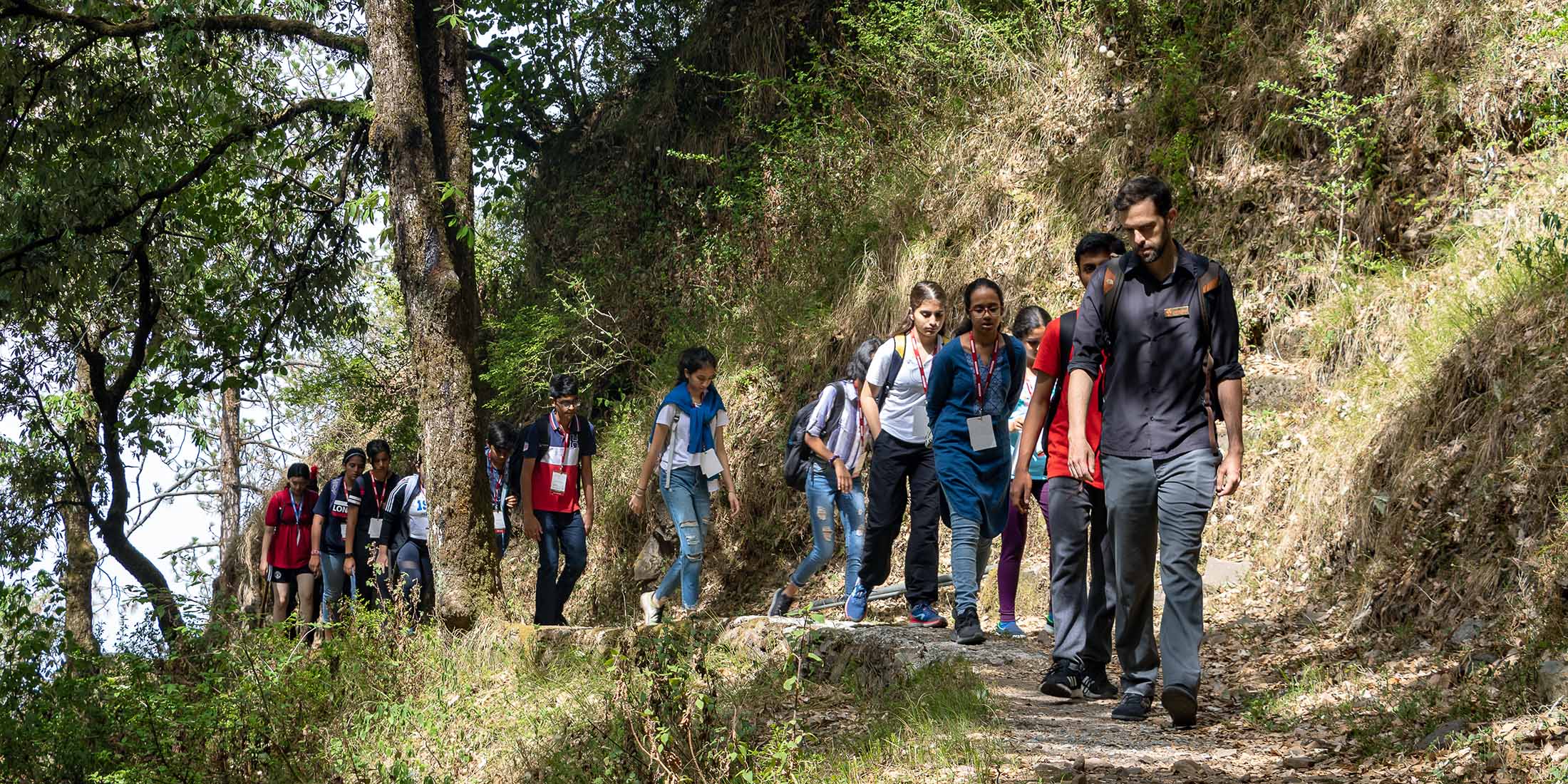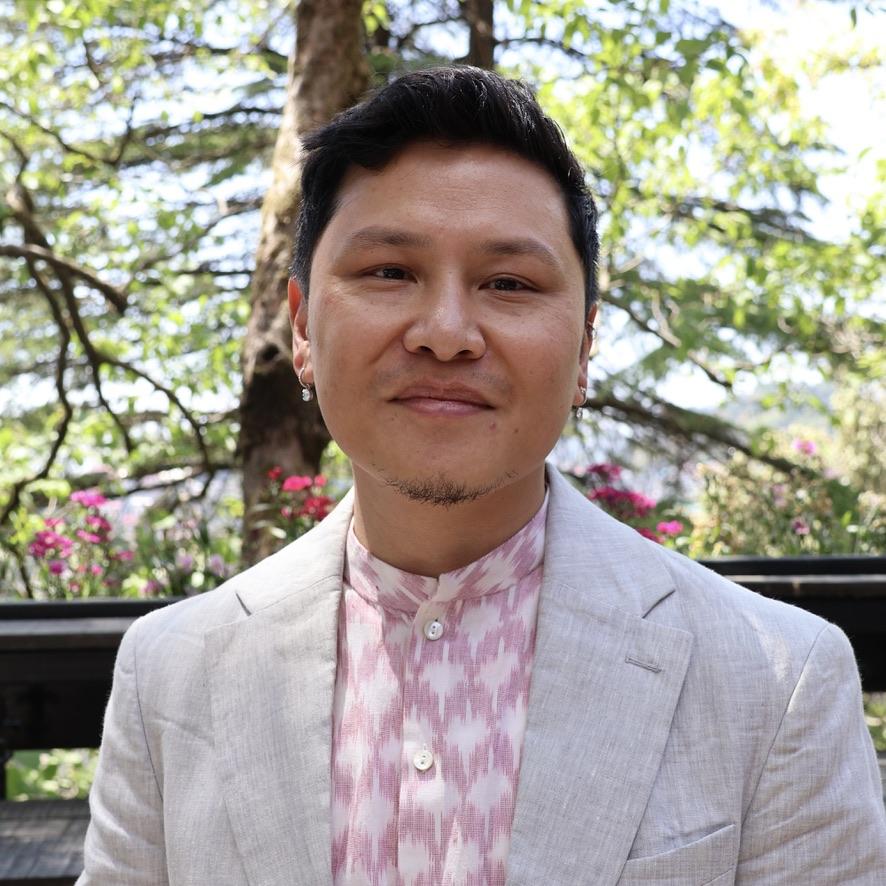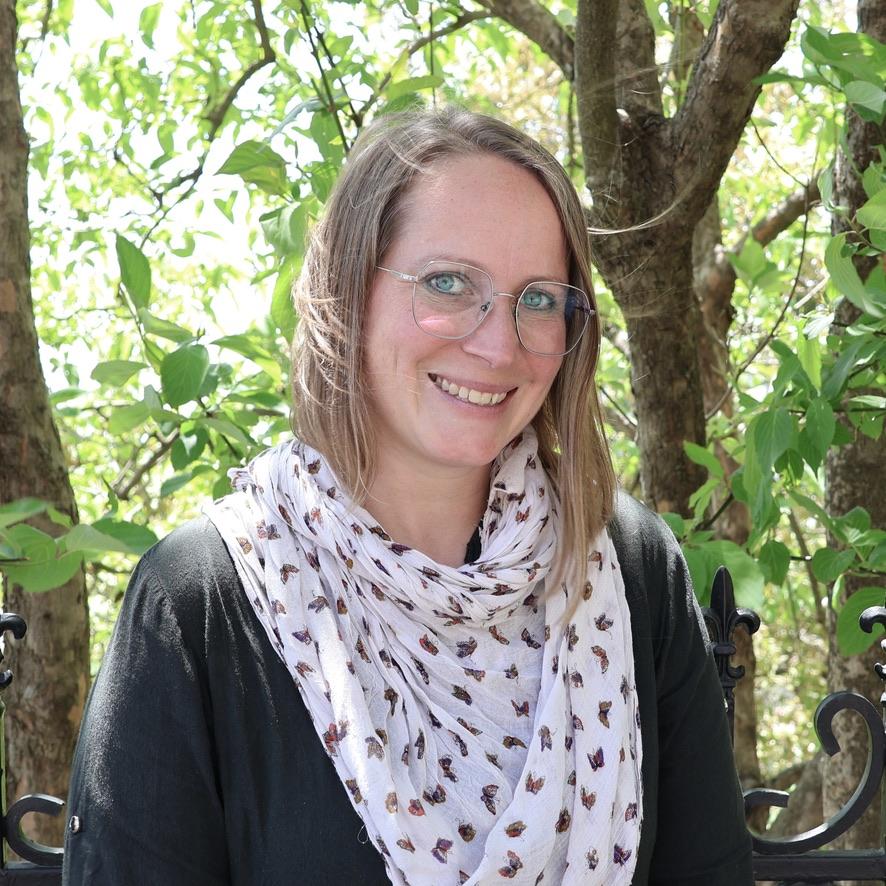
Summer at Woodstock – Leadership in Service
This course is designed to develop leadership skills through hands–on experience in service initiatives in the Himalayan villages around Mussoorie. Following the Design Thinking framework for community development, students will actively engage with various community stakeholders, addressing critical social and environmental challenges. Participants will collaborate on projects focused on children with special needs, women’s empowerment, environmental conservation, or animal welfare. Through these community–led immersive service activities, students will gain a deeper understanding of grassroots issues and develop empathy, teamwork, and problem–solving skills.
By working closely with local communities, students will not only contribute to meaningful change but also refine their leadership abilities by managing projects, interacting with diverse groups, and leading initiatives that create a lasting impact. The course encourages reflective practice, where students will analyse their leadership journey and the broader implications of service, fostering a sense of global citizenship and responsibility. This experience will empower students to become effective leaders who are committed to sustainable and inclusive community development.
What skills and knowledge will participants gain through the course?
1. Leadership and Project Management
- Develop the ability to lead service projects, delegate tasks, and manage time effectively.
- Learn to take initiative, adapt to challenges, and make decisions that impact the community positively.
2. Teamwork and Collaboration
- Work alongside peers and community members, enhancing interpersonal communication and cooperation.
- Learn to navigate and manage group dynamics in diverse teams, while respecting others’ perspectives.
3. Problem-solving and Critical thinking
- Tackle real-world challenges through service initiatives that address societal issues like education, women’s rights, and environmental conservation.
- Apply creative and practical solutions to address community needs.
4. Cultural Sensitivity and Empathy
- Gain a deep understanding of local traditions, challenges, and community structures.
- Build empathy by directly engaging with vulnerable populations such as children with special needs or underrepresented groups.
5. Reflective Practice
- Engage in reflection to understand personal growth in leadership, empathy, and social responsibility.
- Learn to assess the impact of one’s work and how it contributes to broader social change.
Knowledge
1. Social and Environmental Issues
- Understand key issues affecting rural communities, such as poverty, access to education, gender inequality, and environmental degradation.
2. Sustainable Development Goals (SDGs)
- Learn about global goals, particularly those that focus on quality education, gender equality, reduced inequalities, and environmental action.
3. Stakeholder Engagement
- Gain experience in interacting with various stakeholders, including NGOs, local government bodies, and community members, to develop collaborative solutions.
4. Design Thinking
- Put the Design Thinking framework into action to bring about collaborative and community-led change.
AGE RANGE: 14-18 years
DATES: June 2-13, 2025
July 7-18, 2025
COURSE FEES: INR 190,000 (exclusive of GST) along with Application Fee of INR 7,500 (non-refundable)

Prabin Rai
Prabin Rai is the IBDP Coordinator and Community Engagement Coordinator at Woodstock School, with over 12 years of experience in IB education. As the leader of community engagement, Prabin has overseen numerous service projects aimed at fostering social responsibility and community wellbeing in Mussoorie and its surrounding areas. His work has focused on key areas such as education, women’s empowerment, supporting children and adults with special needs, promoting environmental sustainability, and animal welfare. Under his guidance, Woodstock students have initiated and successfully implemented impactful service projects, helping to create sustainable change and empowering students to become responsible global citizens.
